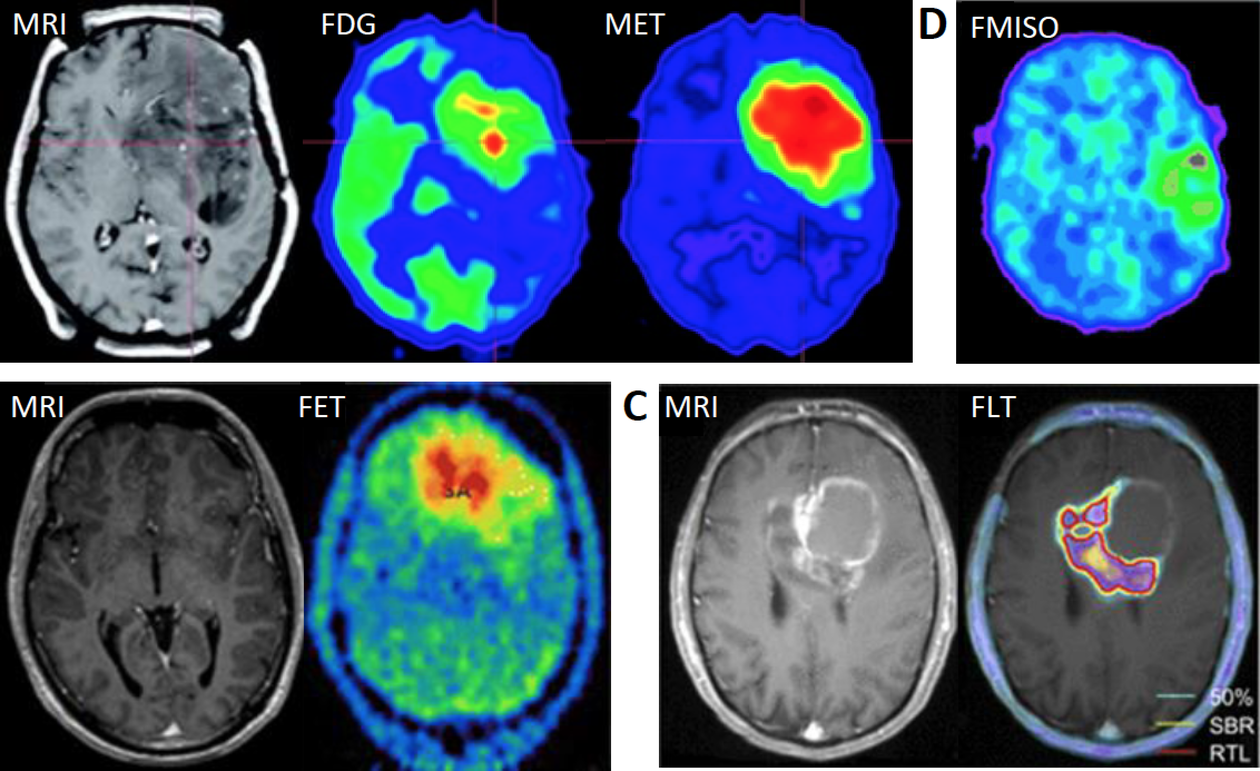An Overview of Brain Tumours
Main content
Primary brain tumours represent any tumour that starts in the brain. The tumors are characterized by uncontrolled cell proliferation, usually in the brain itself, but may also be derived from lymphatic tissue, blood vessels, glands and brain envelopes (meninges). Within the brain itself, brain tumors are derived from supportive glial cells within the brain (ependymal cells, astrocytes and oligodendrocytes). They may also occur from cranial nerves. They also frequently occur as a result of metastatic spread from cancers primarily located in other organs (metastatic tumours).
Any brain tumor is inherently serious and life-threatening because of its limited space within the skull. However, brain tumors are not invariably fatal. The treatment strategies depend on a combination of factors based on the tumor type, its location, its size and its developmental state. Since the tumors are well protected within the skull, early detection occurs only when diagnostic tools are directed at the intracranial cavity. In many cases detection occurs in advanced stages when the presence of the tumor has caused unexplained symptoms.
